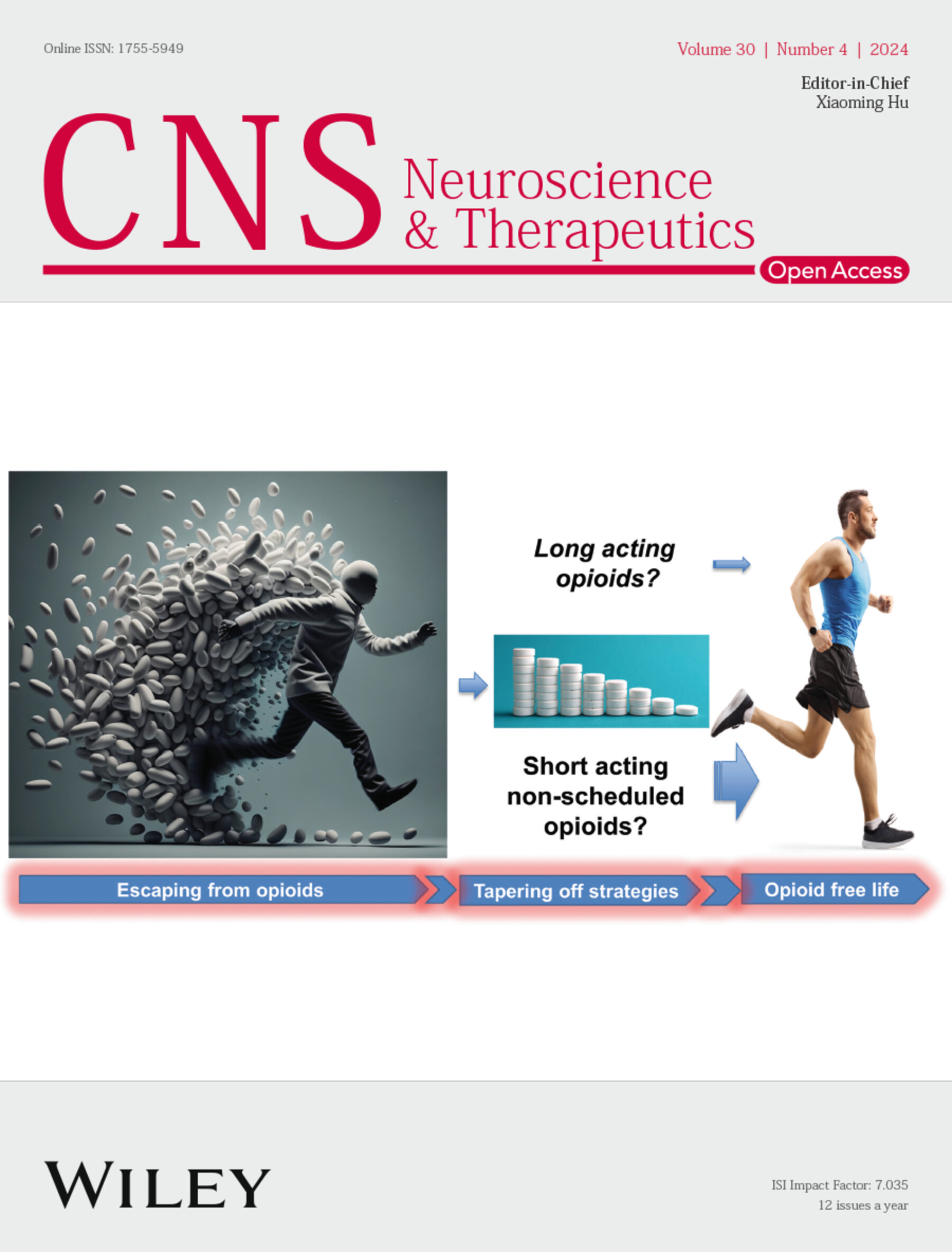Proanthocyanidin B2 Alleviates Cuprizone-Induced Demyelination by Regulating the Astrocytic xCT/GSH/GPX4 Axis
Abstract
Background
Multiple sclerosis (MS) is marked by inflammatory demyelination in the central nervous system (CNS), involving diverse glial populations. This pathological process is associated with inflammation and oxidative stress. Proanthocyanidin B2 (PCB2), with its potent antioxidant properties, has been shown to alleviate demyelination in the cuprizone (CPZ) mouse model. It attenuates neuroinflammation and oxidative stress in both the cerebral microenvironment and astrocytes (AS). The xCT/GSH/GPX4 axis is a key regulatory pathway for oxidative stress. Therefore, we hypothesize that PCB2 can alleviate CPZ-induced demyelination by regulating the xCT/GSH/GPX4 axis in AS.
Methods
The study utilized forty C57BL/6 mice, randomly allocated into four groups of ten: a control group, a control group supplemented with PCB2 (60 mg/kg/day), a CPZ-exposed group, and a CPZ-exposed group supplemented with PCB2 (60 mg/kg/day). The control groups received a standard diet, whereas the CPZ groups were given the same diet supplemented with 0.2% CPZ for 6 weeks. From the fifth week onwards, the control and CPZ groups were administered physiological saline via intraperitoneal injection, whereas the PCB2-supplemented groups received PCB2 for 2 weeks. Immunofluorescence staining, Western blot, and ELISA elucidated the cellular/molecular mechanisms of PCB2 targeting the xCT/GSH/GPX4 axis in AS to alleviate demyelination in vivo and in vitro.
Results
In this study, PCB2 markedly regulated the xCT/GSH/GPX4 axis in AS, ameliorated the behavioral performance in CPZ mice, reduced inflammation, oxidative stress, lipid peroxidation, and the damage to oligodendrocytes (OLs), and inhibited demyelination.
Conclusion
PCB2 can regulate the entire xCT/GSH/GPX4 axis of AS to reduce CPZ-induced OL injury and demyelination, which may be a potentially effective drug for the treatment of multiple sclerosis.


 求助内容:
求助内容: 应助结果提醒方式:
应助结果提醒方式:


